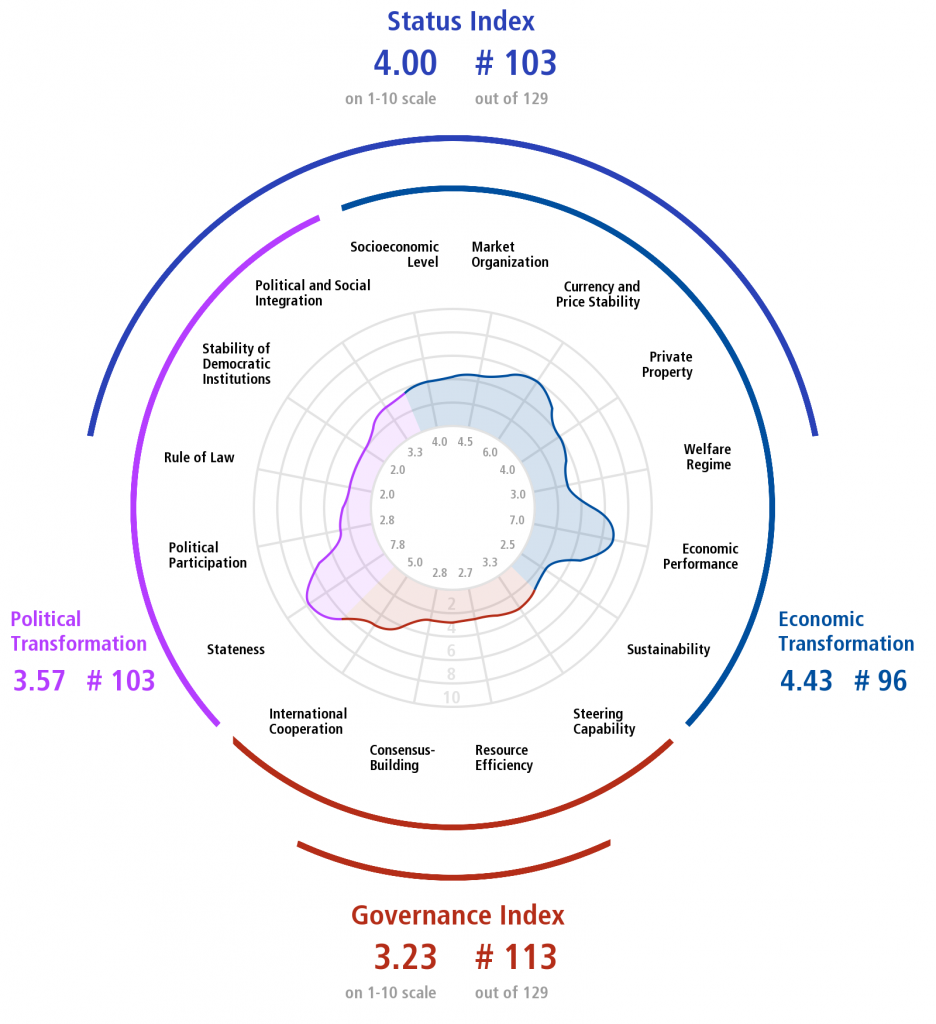EU plays tough with Cambodia
Op-Ed: Japan Time
Concerned by ongoing human rights abuses, the European Union has threatened to suspend Cambodia’s preferential access to its market. Cambodia responded by lashing out, warning that EU action could prompt the Phnom Penh government to crack down even harder on its enemies. The EU should not be deterred: The Cambodian government should be held to account for its human rights practices and its privileges rescinded if they violate commonly accepted standards. Other countries should support the EU’s message and policies.

Under its “everything but arms” (EBA) arrangement, all imports (except weapons) from developing countries are given duty-free and quota-free access to the EU market. The program has been a boon to Cambodia since joining in 2001. Overall, the EU is Cambodia’s biggest market, taking about 40 percent of its exports. Most of those products are in the garment sector: According to Cambodia’s Ministry of Commerce, textile shipments to the EU topped $1.6 billion in the first six months of 2018. In contrast, exports to the United States were about half as much — $858 million — and together the two markets comprise 72 percent of the country’s exports in that industry.
The Garment Manufacturers Association in Cambodia estimated that suspension of EBA would increase tariffs by 12 percent in the garment sector and by 8 to 17 percent for footwear. That could mean an additional $676 million in taxes on Cambodian textile exports, which would have a powerful impact on sales. The association warned that suspension of the EBA benefits would hit rural women hardest, as they make up about 85 percent of the country’s 700,000 garment workers.
That is a real risk, but the EU, like other countries that value democracy and human rights, cannot afford to ignore blatant abuses perpetrated by the government of Prime Minister Hun Sen.
The EU action was forced by last year’s general election, a ballot in which Hun Sen’s Cambodian People’s Party won 125 of the 125 seats contested in the National Assembly. That outcome was inevitable after the Cambodian Supreme Court dissolved the Cambodia National Rescue Party (CNRP), the leading opposition party, and banned 118 party members — including party leader Kem Sokha — for allegedly plotting with the United States to take power (a charge they and the U.S. government deny). Kem Sokha was unlikely to pose much of a threat as he was in prison on treason charges. He was released after the vote but remains under house arrest. Many other senior party leaders have fled the country.
Those moves forced the EU in October to announce that it would reconsider Cambodia’s participation in the EBA program. EU Trade Commissioner Cecilia Malmstrom explained that “there are severe deficiencies when it comes to human rights and labor rights in Cambodia that the government needs to tackle if it wants to keep its country’s privileged access to our market.” After a six-month period of intensive monitoring, the EU will have a year to make a decision on revoking the arrangement, which could come by August 2020.
The Cambodian government denounced the decision. The Foreign Ministry called it an “extreme injustice,” adding that the government “is committed to continue enhancing the democratic space, human rights (and) labor rights.” It said the EU was “narrow-mindedly focused on the existence of the dissolved CNRP and the fate of its leadership.”
Hun Sen’s response vacillated. Initially, he warned that Cambodia would not give up its independence and sovereignty, but “we want to be good friends with all the partner countries that want to see Cambodia make progress.” Later, he threatened the EU that if it “wants the opposition dead,” then it should cut off access to EBA.
The move has revived debate over how to influence authoritarian countries. EU efforts to force Phnom Penh to respect its citizens’ rights has been met not only by resistance there but has been undermined by China’s readiness to strengthen ties with Cambodia. During Hun Sen’s recent visit to Beijing, China promised $588 million in aid to Cambodia from 2019 to 2021. Beijing also reportedly promised to import 400,000 tons of rice from Cambodia and to increase investment in the country as part of the “Belt and Road” initiative.
China’s deepening engagement has weighed heavily on Japanese calculations. Tokyo was notably silent during the election period, preferring not to criticize the rigged campaign. In April, Japan signed a $90 million grant and loan agreement for economic and electricity transmission projects in Phnom Penh, and Foreign Minister Taro Kono reportedly said that Japan would help Cambodia become an upper middle income country by 2030.
Hun Sen is a master at playing the geopolitical game. He seeks economic gains from engagement with the West and turns to Beijing if he needs a diplomatic shield when the West demands an additional price — respect for human rights. Ignoring abuses does not help Cambodians, nor does it buy goodwill in Phnom Penh. Hun Sen has his own interests, and they may not be those of the Cambodian people. The EU is right to stand on principles and values and it should not stand alone.
